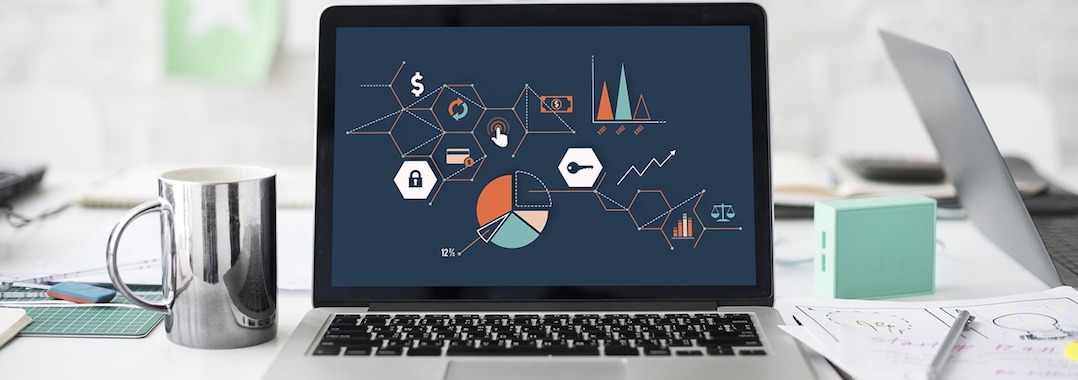In a world in constant movement and as a result of climate change, European cities are facing the impact of natural disasters, and at the same time are witnessing the growth of non-native communities in their territories and a transformation of their societies. In these more and more multicultural urban contexts, it is crucial to involve and inform those who, due to linguistic, social, economic, and cultural factors, are more exposed to danger in case of a natural or men-made disaster.
The AMARE-eu self-assessment tool is a quick and easy to use tool available for free on the project’s website, addressed to all European cities. By answering to the questions in the self-assessment tool, cities will fill in information on the state of art of the practices they are currently implementing with regards to risk prevention, their knowledge about non-native residents and their resilience work in relation to non-native residents.
Based on their answers to the 13 questions included in the tool, cities will receive a final evaluation concerning their:
- Level of Risk Awareness
- Capacity for management of the presence of non-native residents
- Capacity for fostering a culture of resilience
By using the AMARE-eu self-assessment tool, cities will reach a deeper understanding of the strengths and weaknesses of the strategies and practices they are implementing to boost resilience in their territories. This will help cities to merge prevention and resilience strategies with actions focused on enhancing inclusion and integration.
The cities Self-assessment tool is the first concrete, low-cost and easy-to-be-applied tool that the AMARE-eu project is offering to European cities to support them to become more resilient.

